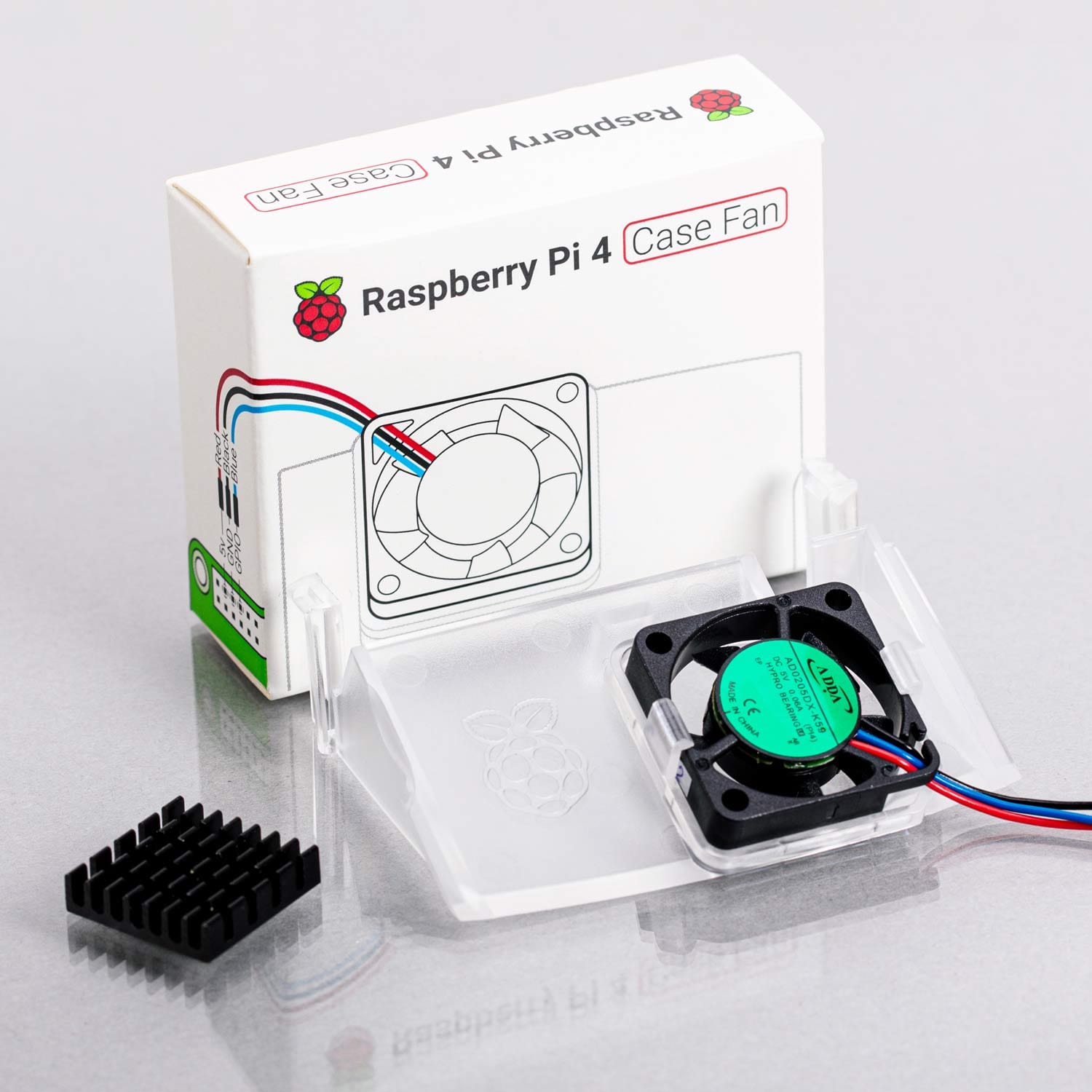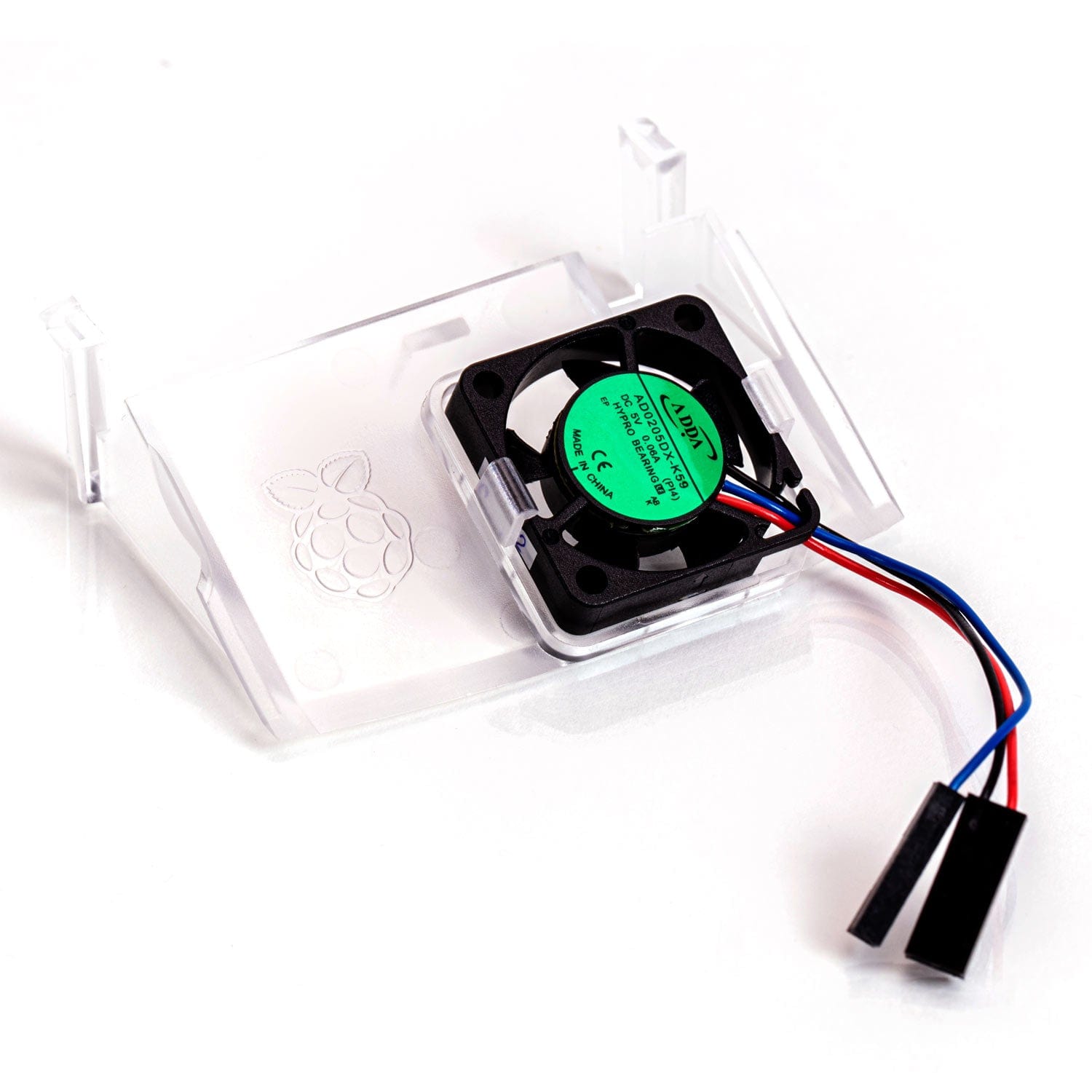![Kiwix Raspberry Pi 4 Hotspot Kit [Discontinued] by Kiwix - The Pi Hut](http://thepihut.com/cdn/shop/products/kiwix-raspberry-pi-4-hotspot-kit-kiwix-29260357271747.jpg?v=1646884261&width=1000)
![Kiwix Raspberry Pi 4 Hotspot Kit [Discontinued] by Kiwix - The Pi Hut](http://thepihut.com/cdn/shop/products/kiwix-raspberry-pi-4-hotspot-kit-kiwix-28816058253507.jpg?v=1646447400&width=1000)
Login / Signup
Cart
Your cart is empty
![Kiwix Raspberry Pi 4 Hotspot Kit [Discontinued] by Kiwix - The Pi Hut](http://thepihut.com/cdn/shop/products/kiwix-raspberry-pi-4-hotspot-kit-kiwix-29260357271747_1000x.jpg?v=1646884261)
![Kiwix Raspberry Pi 4 Hotspot Kit [Discontinued] by Kiwix - The Pi Hut](http://thepihut.com/cdn/shop/products/kiwix-raspberry-pi-4-hotspot-kit-kiwix-28816058253507_1000x.jpg?v=1646447400)
We've teamed up with the good folks at Kiwix to offer you this ready-to-go Kiwix Raspberry Pi 4 kit! The box includes everything you need to get a Kiwix Raspberry Pi Hotspot up and running in a matter of minutes (with no unnecessary parts that you don't need!).
Simply plug in the Raspberry Pi and pre-loaded 128GB microSD card, connect your device to the network that appears and you'll have offline access to the entire contents of Wikipedia, Wiktionary and the Raspberry Pi Stack Exchange Archive!
10% of each sale goes back to Kiwix to fund their mission to make educational content accessible to people without online access.
Note: Kiwix can happily run on a 2GB Raspberry Pi, however we have provided options above for customers who would like a version with more RAM for other uses/projects.
Kiwix is an offline reader for online content. The Kiwix project aims to make online content accessible for people without online access, regardless of the reason.
Founded more than 10 years ago by Emmanuel Engelhart and Renaud Gaudin, this project now provides a complete suite of software components to compress whole websites like Wikipedia, Project Gutenberg and Stack Exchange into content packages. These are then stored locally and can be read on almost any device.
Kiwix is a non-profit organisation and is based in Switzerland. The software is open-source available for free. The work they do is partially provided by volunteers, partially funded by individual donations and grants from foundations.
This is what you may think if you are earning a reasonable salary and live in a developed country with a strong democracy. But this is not the reality for everyone: more than half of the world’s population - four billion people - still do not have access to the Internet.
The main reasons for this are:
There are many other use cases for the Kiwix project too:
Our kit includes a 128GB micro-SD card pre-loaded with the entire contents of Wikipedia, Wiktionary and the Raspberry Pi Stack Exchange Archive - that's ~100GB of offline knowledge
The Raspberry Pi, with its built-in WiFi chip, acts as a hotspot and allows a device to connect to it just like your home router. Once you're connected to it, you can browse the offline Wikipedia/Wiktionary/RPi StackExchange pages held on the microSD card - no internet connection required. Clever!
First, you set up the hardware:
After 30-60 seconds, open your device's WiFi settings and look for "Wikipedia" (or "kiwix") and connect to it. A portal should show up with instructions, but if not, simply go to https://goto.kiwix.hotspot in your browser (make sure you use https:// and not https).
Once connected and in the portal, you're ready to enjoy the entire Wikipedia library - offline!
The kit has everything you need for a Kiwix hotspot:
Note: HDMI cables are not included as Kiwix does not have a front end or use a display
Nope! There's no subscription fee or any additional payments required to get started. This kit includes everything you need including the pre-loaded micro SD.
If you choose to update Kiwix to grab the latest articles and changes (many won't have a need for this), there may be a small charge to download an updated image from the Kiwix website.
Most users won't update their Kiwix due to the size of the download and overall nature of the product, however, those that do tend to update once a year. To do this you'll need to go to the Kiwix website and download the desired option (note: some options are currently chargeable).
If you need help with Kiwix or the answer you're looking for isn't here, please try the following links or contact Kiwix directly:
![Kiwix Raspberry Pi 4 Hotspot Kit [Discontinued] by Kiwix - The Pi Hut](http://thepihut.com/cdn/shop/products/kiwix-raspberry-pi-4-hotspot-kit-kiwix-29260357271747.jpg?v=1646884261&width=1000)
![Kiwix Raspberry Pi 4 Hotspot Kit [Discontinued] by Kiwix - The Pi Hut](http://thepihut.com/cdn/shop/products/kiwix-raspberry-pi-4-hotspot-kit-kiwix-28816058253507.jpg?v=1646447400&width=1000)




